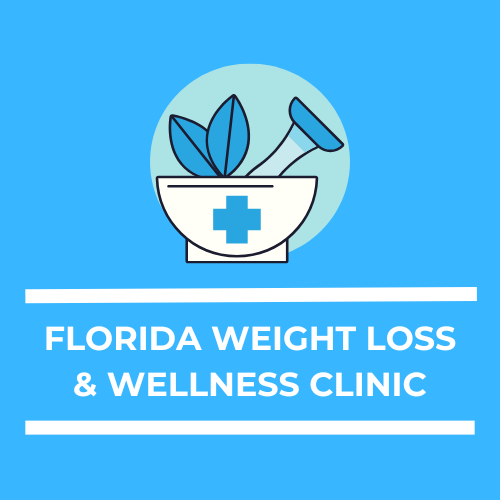The ketogenic diet is a very low carb, high fat diet that shares many similarities with the Atkins and low carb diets.
It involves drastically reducing carbohydrate intake and replacing it with fat. This reduction in carbs puts your body into a metabolic state called ketosis.
When this happens, your body becomes incredibly efficient at burning fat for energy. It also turns fat into ketones in the liver, which can supply energy for the brain.
Ketogenic diets can cause significant reductions in blood sugar and insulin levels. This, along with the increased ketones, has some health benefits.
What is ketosis?
Ketosis is a metabolic state in which your body uses fat for fuel instead of carbs.
It occurs when you significantly reduce your consumption of carbohydrates, limiting your body’s supply of glucose (sugar), which is the main source of energy for the cells.
Following a ketogenic diet is the most effective way to enter ketosis. Generally, this involves limiting carb consumption to around 20 to 50 grams per day and filling up on fats, such as meat, fish, eggs, nuts, and healthy oils.
Practicing intermittent fasting could also help you enter ketosis faster. There are many different forms of intermittent fasting, but the most common method involves limiting food intake to around 8 hours per day and fasting for the remaining 16 hours (11Trusted Source).
Blood, urine, and breath tests are available, which can help determine whether you’ve entered ketosis by measuring the amount of ketones produced by your body
Can the keto diet help me lose weight?
A ketogenic diet is an effective way to lose weight and lower risk factors for disease.In fact, research shows that the ketogenic diet may be as effective for weight loss as a low fat diet. The diet is filling that you can lose weight without counting calories or tracking your food intake.
The ketogenic diet can help you lose excess fat, which is closely linked to type 2 diabetes, prediabetes, and metabolic syndrome. For this reason, it can also be helpful in reversing diet. However, patients need to monitor for changes to cholesterol.
What to Eat on at Keto Diet:
Low Carbohydrates: Keto restricts carbohydrates significantly, with the goal of inducing ketosis.
High Fat: The majority of calories in a keto diet come from healthy fats, such as avocado, nuts, seeds, olive oil, and fatty fish.
Moderate Protein: Protein intake is moderate, providing essential amino acids and satiety.
Ketosis: When carbohydrate intake is low, the liver breaks down fat stores into ketone bodies, which the body then uses for energy.
Considerations:
It’s crucial to discuss the keto diet with a healthcare professional before starting, as it may not be suitable for everyone and can have potential side effects.

